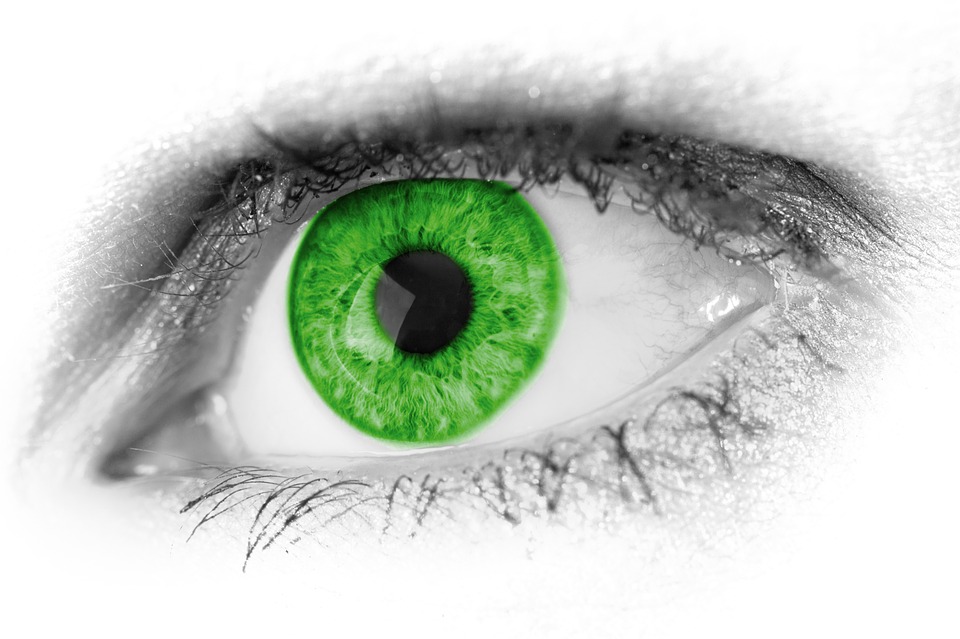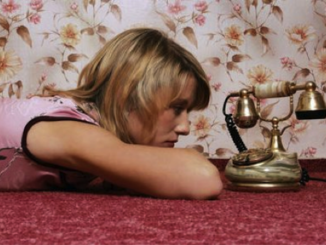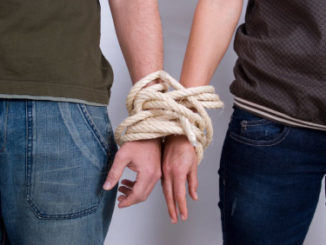
Codependency 101
By: Alexandra DeWoskin, LCSW
Codependent relationships are a type of dysfunctional helping relationship where one person supports or enables another person’s addiction, poor mental health, immaturity, irresponsibility, or under-achievement. Codependence is a dance of dysfunctional relationships – of relationships that do not work to meet our needs.
This can include romantic, family relationships, friendship, or acquaintance relationships! The fact that dysfunction exists in our romantic, family, and human relationships, is a symptom of the dysfunction that exists in our own relationship with ourselves. The following are some common symptoms of codependency:
- People affected or victimized by someone’s alcoholism, addiction, illness, compulsions, hurtful behaviors, or abuse – past or present.
- Those attracted to people who will victimize, control, or rely heavily on their willingness to enable their bad behavior while also making excuses for them.
- Alcoholics or addicts with codependency as an underlying issue.
- Legitimate caretakers who neglect to take care of themselves or express their own needs.
- Those who neglect taking care of themselves or legitimizing their own feelings including establishing boundaries for self care/protection while they enmesh themselves in other’s issues.
- Involving ourselves or forcing our help on others or doing more than is asked of us.
- People who feel driven to control the outcomes of other’s behavior that they become lost in others issues and manipulative the get them to change.
- Those driven by guilt, victim/martyr, denial, resentment, and the desperate need for attention, validation, and to avoid abandonment.
- The inability to say no even if that is what you really want to do.
- Doing for people what they are capable of doing themselves and should be doing themselves.
There are a variety of ways to describe the condition of codependency. Here are a few:
Codependency is:
At its core, a dysfunctional relationship with self. We do not know how to love our self in healthy ways because our parents did not know how to love themselves. We were raised in shame-based societies that taught us that there is something wrong with ourselves. The messages we got often included that there is something wrong with making mistakes; with not being perfect; with being sexual; with being emotional; with being too fat or too thin or too tall or too short or too whatever.
As children we were taught to determine our worth in comparison with others. If we were smarter than, prettier than, better grades than, faster than, etc. – then we were validated and got the message that we had worth. In a codependent society everyone has to have someone to look down on, in order to feel good about themselves. And, conversely, there is always someone we can compare ourselves to that can cause us to not feel good enough.
Codependency could:
More accurately be called outer or external dependence. The condition of codependence is about giving power over our self-esteem to outside sources/agencies or external manifestations. We were taught to look outside of ourselves to people, popularity, material possessions, places, and things-to money, property and prestige, to determine if we have worth.
We take our self-definition and self-worth from external manifestations so that looks or talent or intelligence becomes the Higher Power that we look to in determining if we have worth. All outside and external conditions are temporary and could change in a moment. If we make a temporary condition source of self worth, we are setting ourselves up to be a victim. And, we often victimize other people on our way to proving we have worth.
Codependency is:
A particularly vicious form of delayed stress syndrome. Instead of being traumatized in a foreign country against an identified enemy during a war, as soldiers who have delayed stress are – we were traumatized by the people we loved and trusted the most. Instead of having experienced that trauma for a year or two as a soldier might – we experienced it on a daily basis for 16 or 17 or 18 years. A soldier has to shut down emotionally in order to survive in a war zone.
We had to shut down emotionally because we were surrounded by adults who were emotional unavailable or dysfunction of one sort or another. Codependency is a dysfunctional emotional and behavioral defense system. When a society is emotionally dishonest, the people of that society are set up to be emotionally dysfunctional. In this society being emotional is described as falling apart, losing it, going to pieces, coming unglued, etc.
Traditionally in this society men have been taught that anger is the only acceptable emotion for a man to express, while women are taught that it is not acceptable for them to be angry. If it is not ok to own all of our emotions then we cannot know who we are as emotional beings.
Also traditionally, women are taught to be codependent – take their self-definition (including their names) and self-worth – from their relationships with men, while men are taught to be codependent on their work/career/ability to produce, and from their presumed superiority to women.
Codependency is:
A disease of lost self. If we are not validated and affirmed for who we are in childhood then we don’t believe we are worthy or lovable. Often we got validated and affirmed by one parent and put down by the other. When the parent who is “loving” does not protect us – or themselves – from the parent that is abusive, it is a betrayal that sets us up to have low self esteem because the affirmation we received was invalidated right in our own homes.
And being affirmed for being who we are is very different than being affirmed for who our parents wanted us to be – if they could not see themselves clearly then they sure could not see us clearly. In order to survive, children adapt whatever behavior will work best in helping them get their survival needs met. We then grow up to be adults who don’t know our self and keep dancing the dance we learned as children. A dysfunctional relationship is one that does not work to make us happy.
Codependency may:
Have been learned from growing up with other codependents; a response to addiction or abuse; the desperate need to gain attention by our caretakers; and in some cases as a way to distract an abuser or protect their victim. It is a learned behavior and it can also be an unlearned behavior.
Codependency is about having a dysfunctional relationship with self, with our own bodies, minds, emotions, and spirits, with our own gender and sexuality, and with being human. Because we have dysfunctional relationships internally we have dysfunctional relationships externally. We try to fill the hole we feel inside of our self with something or someone outside of us – it does not work.




